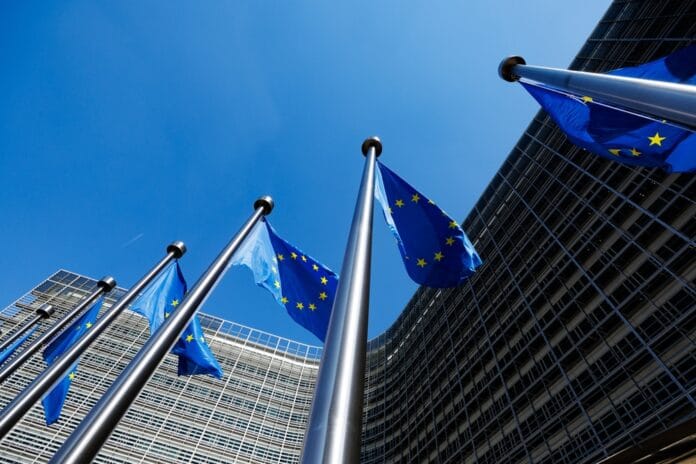Europeans are being urged to get a little more prepared. The European Union is asking its citizens to put together emergency kits that could last them for 72 hours—just in case. The goal? To make sure people can take care of themselves for a few days if disaster strikes before help arrives.
From Pandemic to Power Outages—Lessons Learned
If there’s one thing recent years have taught us, it’s how quickly things can spiral. The COVID-19 pandemic, energy shortages, cyberattacks—Europe has been hit by all sorts of crises. And with the world growing more unpredictable, EU leaders say it’s time to get serious about personal preparedness.
Think of it like this: if your power went out tomorrow, or your water supply got disrupted for a couple of days, would you be ready?
That’s where the 72-hour emergency kit comes in.
What Should Go in the Kit?
The EU isn’t calling for doomsday prepping. In fact, the message is simple: a little foresight goes a long way. The recommended kit includes things like:
• Bottled water—at least six liters per person
• Non-perishable food that’s easy to prepare
• A flashlight (with spare batteries)
• A portable radio
• Basic medical supplies
• Warm clothes and blankets
• Copies of your essential documents
These aren’t luxury items. They’re basics—things that could keep you safe, fed, and warm if your area is hit with a flood, blackout, or supply chain issue.
A Gentle Push, Not Panic
Belgium’s Foreign Minister, Hadja Lahbib, was one of the first to speak publicly about the need for these kits. Her message? Don’t panic. But don’t ignore the risks either.
It’s not about expecting disaster every day—it’s about knowing what to do if something does happen. Lahbib emphasized that having a plan makes society more resilient. It’s about being able to stand on your own two feet for a short while, instead of relying immediately on emergency services that may be stretched thin.
Not Just a National Effort
This isn’t just about individual responsibility, either. Behind the scenes, the EU is also working to create stockpiles of essentials like medicine, fuel, and equipment. But those take time—and in the first 72 hours of a crisis, the best help might be the kit you packed yourself.
Some EU countries, like Finland, are already ahead of the curve. Others are still building up awareness. What this campaign hopes to do is level the field—get everyone thinking a bit more like the Finns: practical, calm, and ready.
Why This Matters Now
So, why now? Because the world is changing fast. Climate change is making extreme weather more common. Cyberattacks can knock out infrastructure in seconds. And geopolitical tensions are bubbling under the surface.
No one wants to live in fear. But a little preparation can ease that fear—and that’s exactly what this campaign is about.


